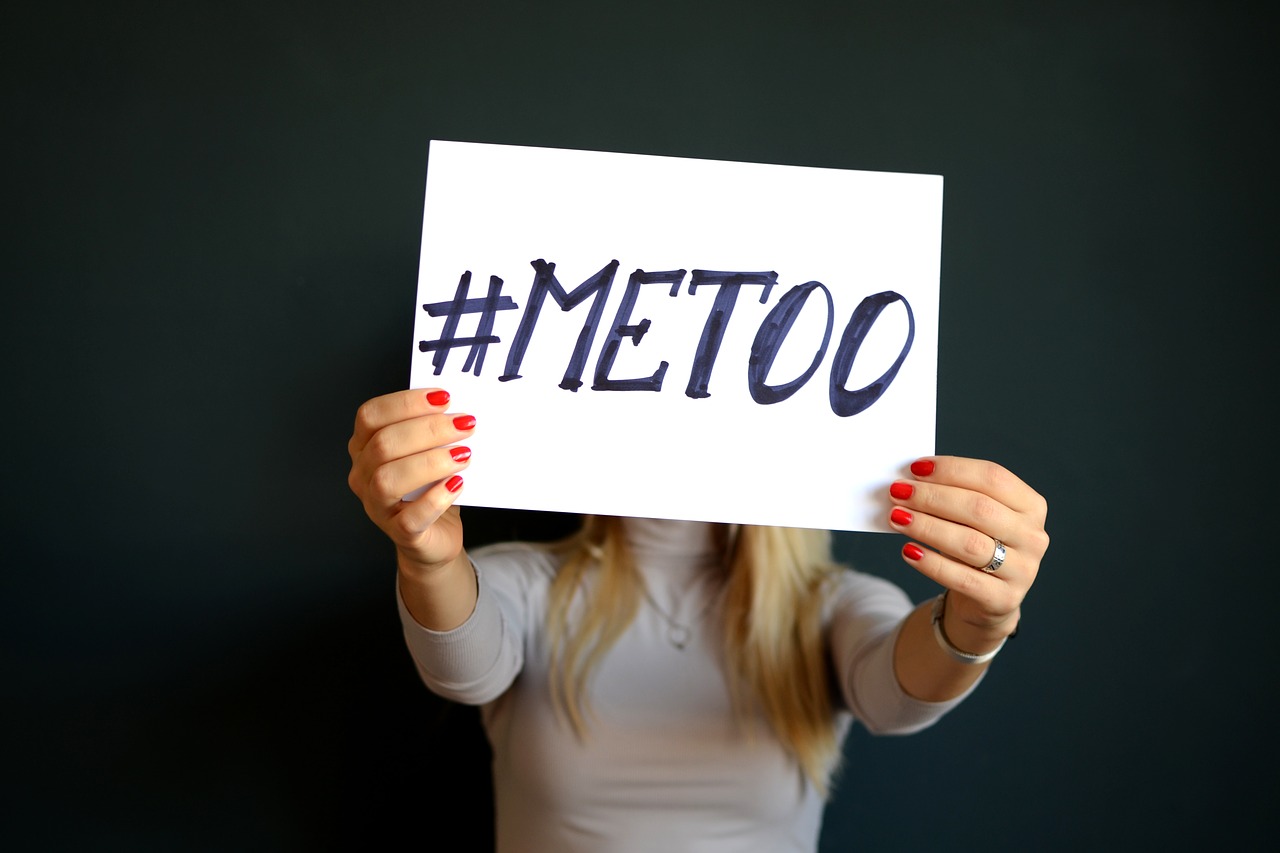Unless you’ve been on the International Space Station or in an extended coma, you probably noticed the increase in sexual harassment, molestation and abuse accusations flying around in the media over the past few months. Most of the activity seems to be in the U.S. but that’s only because it has ten times the population of Canada. Here in Canada, one prominent case involved actor Albert Schultz.
Albert Schultz worked for Soulpepper Theatre, a nonprofit theatre group founded and guided by the arts community in Toronto. Soulpepper was also called out as an accomplice in the accusations in the media. While this is terrible news for Soulpepper, it poses an opportunity to remind directors of other Canadian nonprofits of their fiduciary duties regarding the safety and welfare of employees, clients and others who may come into contact with the organization.
As a nonprofit director, are you aware of your liability vis-a-vis the current focus on sexual harassment and assault? Are you aware of the liability and vulnerability of your organization to accusations of this kind of behaviour? What processes are in place to protect you and your organization in the event of an incident of this kind?
These are questions that boards, and directors individually, should be asking and answering in detail. There are several things that you can do to help ensure that due diligence has taken place.
As a board, you should review:
- The organization’s policies around this issue: are they current and are they being followed consistently?
- Hiring policies: are your new-hires, and were your current employees screened with enough detail to minimize the risk of an employee committing sexual harassment or assault?
- Senior management: are they adequately informed about existing policies, are they modifying operational policies to accommodate current situations, do they understand their responsibilities in this area?
- Directors: Are your directors up-to-speed on current policy, legislation and the organization’s potential liabilities?
As an organization, you should review:
- Your current insurance coverage: does it cover sexual harassment, abuse and/or assault? If not, can you get it added to your policy? What are its limitations? What steps do you have to take to ensure coverage is valid?
- Your crisis management plan: have you taken this potential issue into account and is a clear process set out to deal with it?
- Your operational plan: what steps are taken when a client, employee or other person levels accusations of this type either to management or to the media? Who is contacted and what are they expected to do? What paper trail exists to help in this process?
This is one of a nonprofit’s challenges where it is good to expect the best but plan for the worst. With proper planning and organization, your nonprofit will have less risk of accusations. Or if it is accused, it will have proper procedures and protections to minimize the vulnerability to it’s future.
Have you had this topic on a board agenda recently? Let me know how the discussion went.


